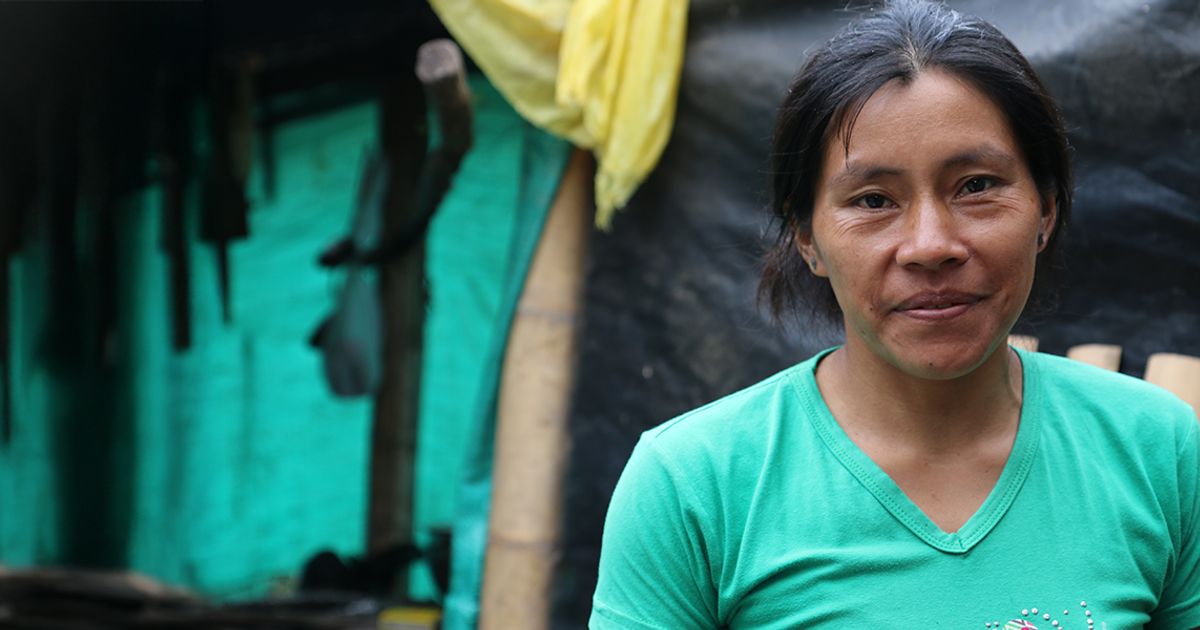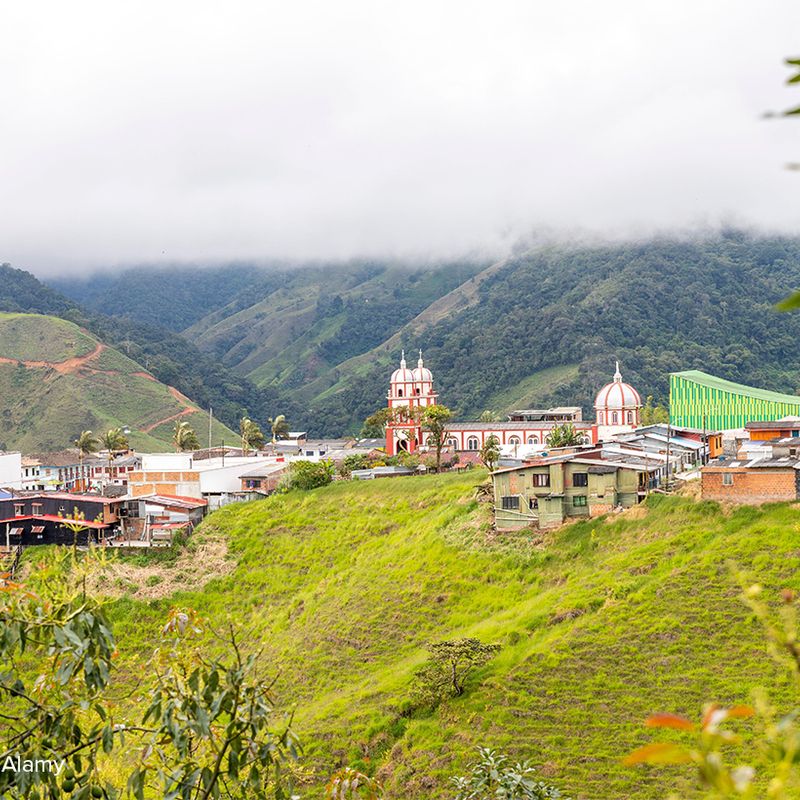





Many regions in Colombia are riddled with criminality – and that can make life very dangerous for Christians, especially church leaders who are involved in activities that threaten the influence of gangs and cartels. This could be helping former gang members rehabilitate, protecting young people from recruitment to gangs, or engaging in humanitarian work. It can lead to threats, extortion and even murder.
Christians living in indigenous areas can also face opposition. Faced with accusations that they have betrayed local traditions by choosing to follow Jesus, Christians can be targeted for threats, discrimination, legal complaints and imprisonment. Given these dangers, some believers choose to stay under the radar.
Whilst Christians from all denominations can face opposition for their faith in Colombia, those from Baptist and Pentecostal churches are particularly vulnerable to persecution from criminal groups. Those who convert to Christianity – especially gang members and people from an indigenous background – can be especially at risk.
"They treated us as if being Christian were a crime."
"Camilo", a convert from Islam.
Very little has changed in Colombia since last year. There’s continued danger for Christians living in places where criminality is pervasive, as two incidents that happened last year show.
In July 2025, the bodies of seven Christians were found buried in a mass grave in Guaviare. They had been kidnapped in April and subjected to interrogation. The Christians were leaders of two evangelical denominations and were known for their good witness within the community.
The previous month, 24 coordinated terrorist attacks devastated local communities in Cauca and Valle de Cauca, killing seven people. Whilst Christians don’t appear to have been targeted, the attacks have only added to the fear already felt by many local believers and disrupted church activities.
Open Doors supports our persecuted family in Colombia through various initiatives. These include trauma care, legal advice, education support, emergency aid and biblical training.

God of all comfort, surround those affected by persecution in Colombia with Your unfailing peace. Give them strength for today and bright hope for tomorrow. Continue to embolden them amidst opposition and protect them from harm. Help Your children to be as wise as serpents and innocent as doves (Matthew 10:16), and through their shining and persevering witness, draw people to Jesus and transform communities. Bring peace to conflict-ridden regions, we pray. Amen.